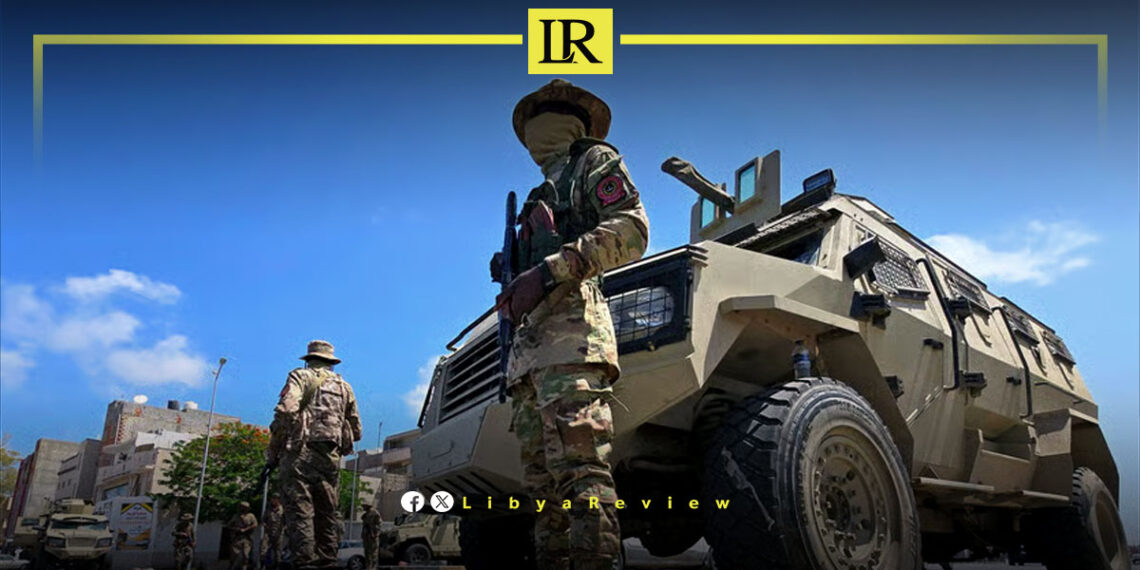Libya may have just hosted “the world’s worst conference.” The event, held in Tripoli on May 12 under the title “Libya Build”, was promoted as the largest construction expo ever organized in North Africa, according to The Economist.
It attracted international delegates from China, Turkey, and Malta, with the optimistic slogan: “Let’s Build Libya Together.”
Instead, what unfolded was a descent into chaos. As guests arrived, mortars began falling. Gunmen in trucks mounted with heavy machine guns seized control of half the capital. Burned-out cars lined the streets. Schools, banks, and markets shut their gates. Militias stormed the Central Bank.
Even the gazelles were stolen from Tripoli’s zoo. Britain abruptly reversed its recently eased travel advice, urging citizens to avoid the capital, while Turkey airlifted its nationals to safety.
This breakdown underscored the failure of Tripoli’s post-Gaddafi “reset.” The Government of National Unity (GNU) in the west, led by Prime Minister Abdul Hamid Dbaiba, once a construction tycoon, was always weaker than Field Marshal Khalifa Haftar, the General Commander of the eastern-based Libyan National Army (LNA).
Unlike Haftar, Dbaiba’s authority relies on a precarious coalition of militias. As Libya’s oil revenues declined and government funds dwindled, Dbaiba’s payouts decreased, prompting unrest among the very groups that once supported him.
The immediate trigger was reportedly financial: with the coffers empty, militias sought new income by, for instance, kidnapping utility executives. Then, in a move meant to neutralize a threat, Dbaiba’s forces killed militia leader Abdul Ghani al-Kikli during a meeting. The assassination provoked Tripoli’s most powerful armed group, the Salafist Special Deterrence Force (Rada), which retaliated and took control of half the capital.
In the aftermath, Tripolitanians, exhausted by years of misrule and broken promises, took to the streets demanding elections, an end to militia dominance, and reunification of Libya. Many now view Dbaiba as one of the “fulul”—a term used to describe holdovers from the Gaddafi era.
Dbaiba, seen by many diplomats as a fading figure, is said to have sent his family to London. Desperate to appear in control, he called fighters from his hometown of Misrata to secure Tripoli. They reportedly fired on demonstrators.
With Tripoli’s main airport under Rada’s control, Dbaiba reopened the long-closed international airport and vowed to turn Kikli’s former militia base into a public park. He has branded remaining militias “blackmailers, criminals, and sharks.”
But without their support, his grip grows increasingly fragile. His ministers have begun to resign. Parliament has declared Dbaiba “illegitimate” and named potential successors. Meanwhile, reports suggest troop movements in Sirte, Zawiya, Zintan, and Ghadames, possibly in preparation for a broader push by Haftar’s forces.
For now, Dbaiba remains in office, but, as The Economist concludes, “Libyans and foreign diplomats have begun to speak of his rule in the past tense.” At least, with the airport reopened, “he has a way to escape”.


